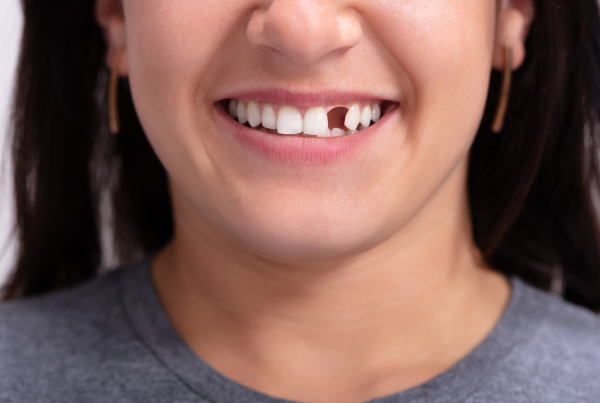The correct medical term for dry mouth is xerostomia and it’s something we all suffer from occasionally. It’s perfectly normal to have a dry mouth if you are feeling nervous or anxious or if you are dehydrated. However, a persistent dry mouth can be a problem and it could affect your dental health. This is because saliva is essential for keeping the mouth fresh, clean and healthy. It washes away old skin cells, bacteria and loose particles of food, and it helps the mouth to maintain a neutral pH, protecting your teeth and gums.
So what can cause dry mouth?
Medications
Xerostomia is a common side effect of many prescription and over-the-counter medications.
Damage to Your Salivary Glands
Your salivary glands can become damaged due to a blow to the head or as a side-effect of surgery or medical treatment including radiotherapy and chemotherapy.
Disease Affecting Your Immune System
Diseases that affect your immune system such as rheumatoid arthritis or lupus can result in Sjögren’s syndrome, a condition where the immune system attacks the body’s saliva glands and tear glands, causing dry mouth as well as dry eyes. This tends to appear in late middle age and mostly affects women. Although there isn’t a cure, medication can help stimulate the flow of saliva.
Diabetes is another disease that affects the immune system and persistently high blood sugar levels can lead to dry mouth. Additionally, where there is a high concentration of glucose in the blood, the kidneys tend to lose their capacity to reabsorb fluid, leading to the body becoming dehydrated. Medication taken for diabetes can also cause dry mouth.
Using Decongestants
Decongestants work by shrinking the blood vessels in the mucous membranes which helps you to breathe more easily, but if used in the long-term decongestants can dry you up.
Having a persistently blocked nose can be a side-effect of allergies or a cold, but it might also be due to narrow nasal airways, the shape of your jaws or having abnormally large tonsils.
If you do have dry mouth, it’s worth mentioning it to your dentist during your next checkup here at Tsawwassen Place Dental. This is because dry mouth can increase your risk of developing gum disease and tooth decay. By taking preventative action, we can help reduce these risks and we can suggest things to help you feel more comfortable.
Helping to Relieve the Side-Effects of Xerostomia
Things that can help include making sure you drink plenty of water so you are always well hydrated and some people find sucking on ice chips to be useful, just please don’t crunch them as you could damage your teeth! Chewing sugar-free gum or sucking sugar-free candies can also help to stimulate the flow of saliva. You can buy over-the-counter saliva substitutes or we can prescribe you something. If the problem is due to medications, it could be worth booking a visit to your family doctor to see if your prescription can be changed and to get some advice from them.
* Source: Dentistry IQ www.dentistryiq.com






Nice article its very helpfull thanks for sharing